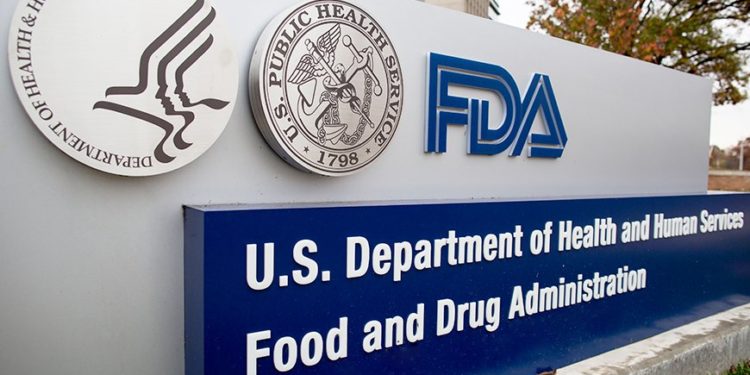The recent marketing denial orders (MDOs) for about 55,000 flavoured ENDS by the Food and Drug Administration raised many questions among the experts.
For the first time since the vaping products appeared in the U.S market, the FDA denied applications after they reached the scientific review portion of the premarket evaluation. Recently, the public discussion focused to determined if flavoured ENDS would increase the number of smokers among the youngster.
Thus, the health agency decided whether there was specific scientific evidence to demonstrate benefits for adult smokers that would overcome the risk posed to youth. The FDA’s review of new tobacco products is to ensure they meet the standard Congress set to preserve public health.
In the previous years, applications to FDA reached the stunning numbers of 500 companies and over 6.5 million tobacco products.
According to international health experts, this decision could be the beginning of a massive and expensive bureaucratic infrastructure acting against the public interests that will create market distortions that favour anti-competitive oligopolies.
The bulk of the evidence of benefits to adult smokers for such products is the randomized controlled trial or longitudinal cohort study. But, because this evidence was absent in these applications, the FDA is issuing MDOs.The problem for the manufacturers is showing the effect these products have at a population level. They cannot provide the RCTs or longitudinal cohort studies to show a population benefit for adults at the individual product level because of the high cost to run those research.
Furthermore, FDA’s demand for RCTs indicates the scarce knowledge of vaping products by the public health institute. Vaping products are not smoking cessation medications, and RCTs only provide data under trial conditions to the type of people who participate in trials who mainly are people who want to quit smoking. FDA’s argumentation only underscores the idea that the market is only open to the biggest participants. This is why the decision protects the cigarette oligopoly from vaping competition and creates an oligopoly in the vaping market.
Politicians and different players within health institutes continue to demand that FDA use the marketing denial orders to clear the market of flavoured e-cigs. But will this protect public health as the FDA approach seems to consolidate in this direction? There are solid reasons to doubt it.






